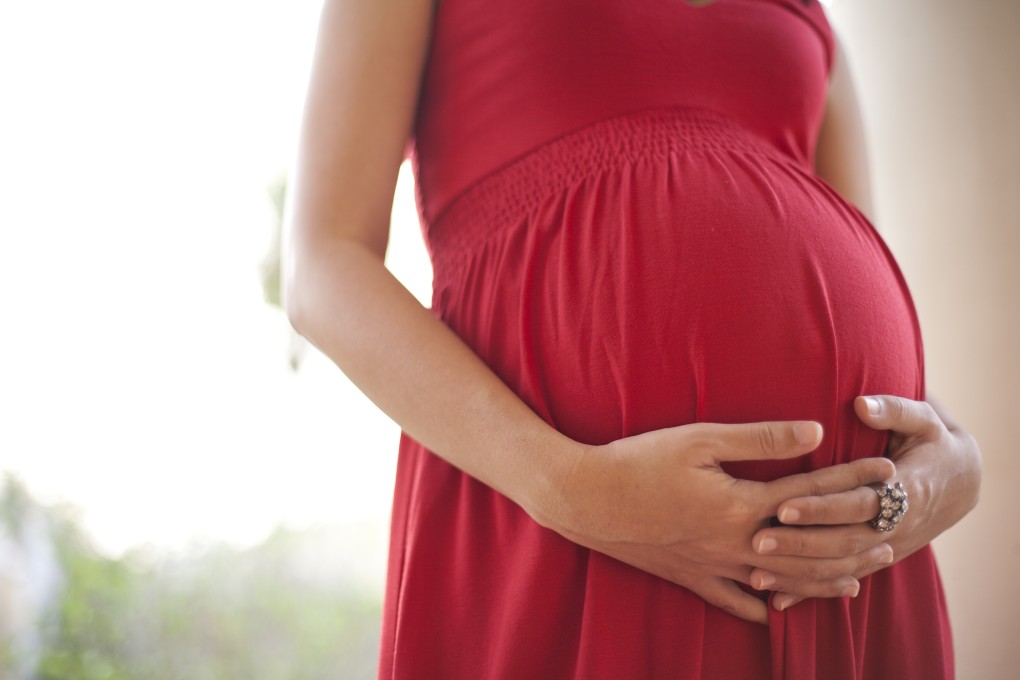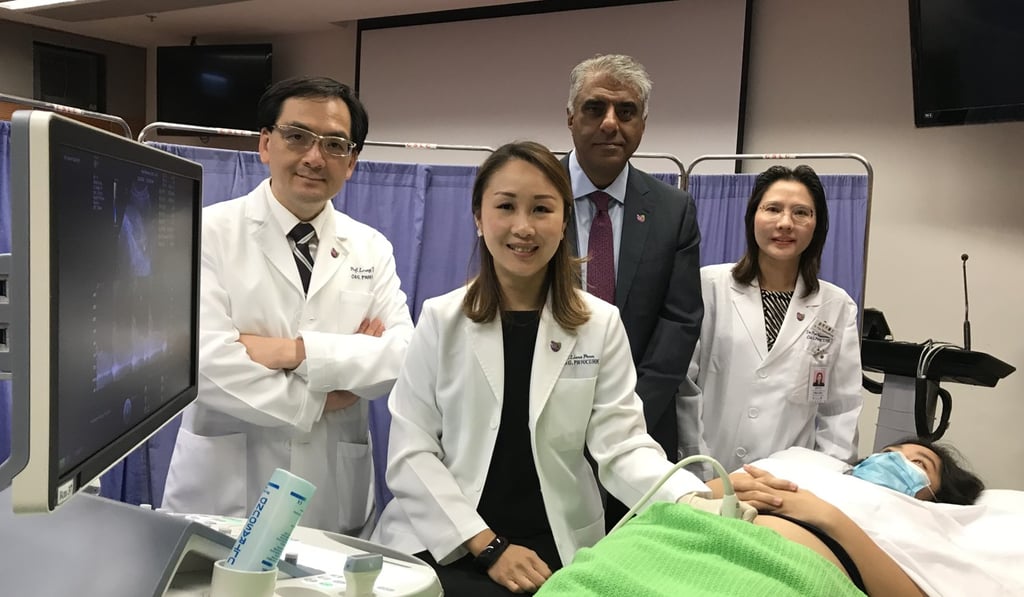Preterm pre-eclampsia is a potentially fatal pregnancy condition. A Hong Kong university has modified a test that will nearly double its detection rate in Asian women
- Test specially designed for Asian women will nearly double detection rate, study indicates
- Condition can be fatal for women and unborn babies, but most potential cases missed by existing checks

Researchers in Hong Kong have developed a test tailor-made for Asian women to almost double the detection rate in the city for a dangerous pregnancy condition.
The improved screening for preterm pre-eclampsia, which can lead to the death of both pregnant women and fetuses, was designed at Chinese University to address the problem that existing testing in the city missed the vast majority of potential cases.
“Currently we are only able to detect a quarter of women who would eventually develop preterm pre-eclampsia, so we are missing 75 per cent of the women,” said Professor Liona Poon Chiu-yee from the university’s department of obstetrics and gynaecology.

The condition is characterised by high blood pressure and the presence of protein in urine, but does not bring discomfort to women, meaning it can go undetected.
It could lead to serious complications such as stroke and premature births, and affects around one to two people in every 100 pregnant women in Hong Kong.